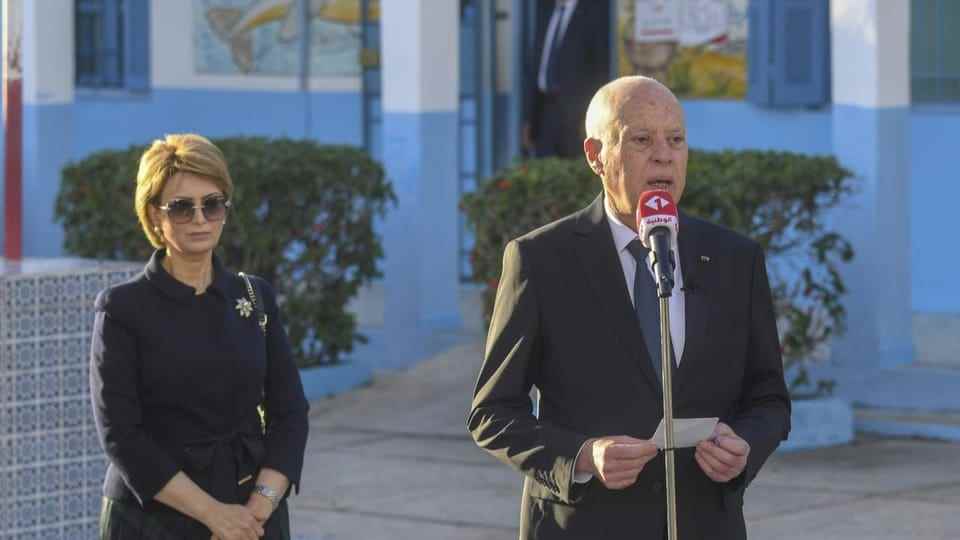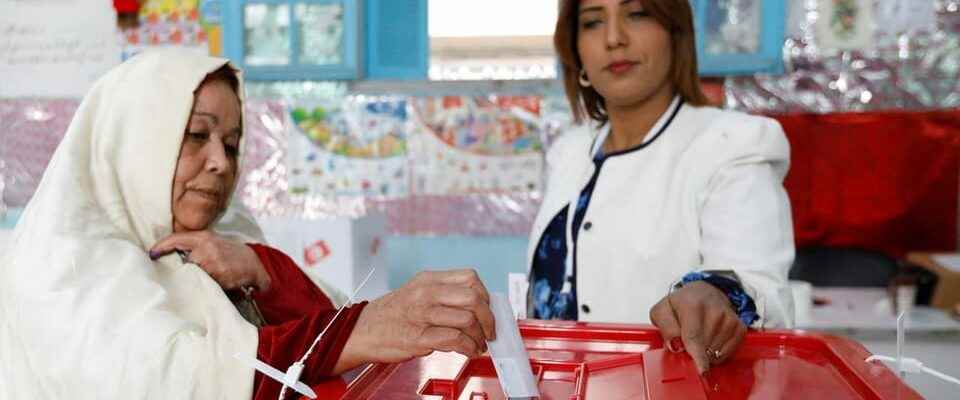- Voter turnout in the vote on a new and significantly weakened parliament in Tunisia was low.
- According to the electoral commission in Tunis, just under nine percent of the 9.2 million eligible voters went to the polls.
- The first results of the election are expected from Monday.
Voter turnout was significantly lower than in previous parliamentary elections in the country. “People no longer have confidence in the political process and the political representatives,” said Malte Gaier, who heads the Konrad Adenauer Foundation’s international office in Tunis. “You don’t expect any improvement from this election either.”
More power for Saied thanks to new constitution
Tunisia’s head of state Kais Saied dissolved the old parliament at the end of March in order to weaken his political opponents and expand his own power. Since the introduction of a controversial new constitution in the summer, the head of state has been able to appoint and dismiss the government and judges without the approval of parliament. The new representative body will only have a few powers.
Ex-law professor Saied also changed the electoral law before the vote. Citizens could now only vote for one representative per constituency. In previous elections, parties or party blocs ran with several candidates, and women always had to be among them. This obligation no longer applies.
Legend:
A voter casts her ballot at a polling station in Tunis.
REUTERS/Zoubeir Souissi
According to Human Rights Watch, in the deposed parliament, 31 percent of the deputies were women due to the quota system. «The Tunisian parliament was once the model for gender equality in the region. With these new changes in the law, that could soon be history,” the organization wrote in a report.
Call for a boycott of the election
In the run-up to the election, most parties had therefore called for a boycott. The strong and influential Tunisian trade union federation UGTT, which had long supported Saied, also called the parliamentary elections “not very useful”. For many Tunisians, Saied was a beacon of hope for a long time, but his popularity ratings are now falling rapidly.

Legend:
Tunisia’s President Kais Saied delivers a statement after voting in the general elections in Tunis.
Keystone/AP Photo/Slim Abid
Many people struggle to make ends meet every day. Food has become expensive and sometimes scarce. More and more young people are making their way to Europe to find work and prospects there. So far, politicians have not found any solutions to the economic turmoil and high unemployment in the country. The electoral commission expects the first results by Monday.
